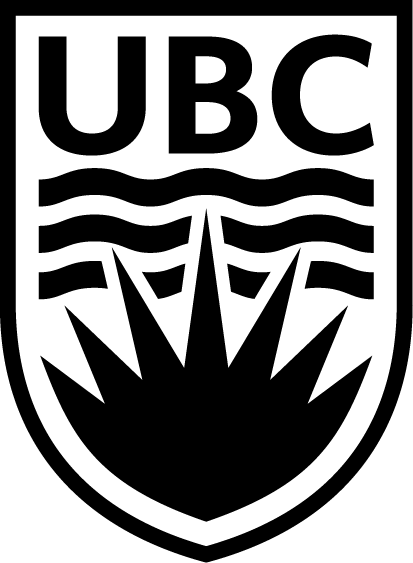
THE UNIVERSITY OF BRITISH COLUMBIA

THE UNIVERSITY OF BRITISH COLUMBIA
BACKGROUND: Little is known about the impact of care provider's specialty on the medical costs of COPD patients over time.
OBJECTIVE: To compare the long-term medical costs between newly hospitalized COPD patients whose post-discharge care was initiated by a pulmonary specialist versus by a general practitioner.
DESIGN: Retrospective matched cohort study.
PARTICIPANTS: We identified patients with an incident COPD-related hospitalization from the administrative health database (January 1, 1996, to December 31, 2012) of British Columbia, Canada.
MAIN MEASURES: Patients were categorized as receiving specialist care or primary care within the first 90 days after discharge from an incident COPD-related hospitalization. Using propensity scores, we matched each patient who initially received specialist care to a patient who received primary care based on demographics, COPD severity, comorbidity, and admission time. A survival-adjusted, multi-part generalized linear model was used to estimate direct medical costs (in 2015 Canadian dollars, [$], including inpatient, outpatient, pharmacy, and community care costs) as overall and as COPD-specific and comorbidity-related costs over the following 5 years.
KEY RESULTS: The sample included 7710 patients under each group. The initial specialist-care recipients had a modestly higher 5-year survival than the generalist-care recipients (0.564 [95% CI 0.535, 0.634] vs 0.555 [95% CI 0.525, 0.625]; P < .001). Meanwhile, the former incurred $2809 higher all-cause medical costs over 5 years compared to the latter (95% CI $2343, $2913; P < .001), mainly driven by higher medication costs (difference $1782 [95% CI $1658, $1830]; P < .001) particularly related to COPD medications ($1170 [95% CI $1043, $1225]; P < .001). Specialist care recipients also incurred higher costs of COPD-related hospitalization ($1144 [95% CI $650, $1221]; P < .001).
CONCLUSIONS: Compared to generalist care, specialist care following COPD hospitalization is slightly more expensive, mainly driven by medication costs especially COPD-specific medications. Future studies should compare differences in health-related quality of life and COPD functional status.
RELATED TOPICS: